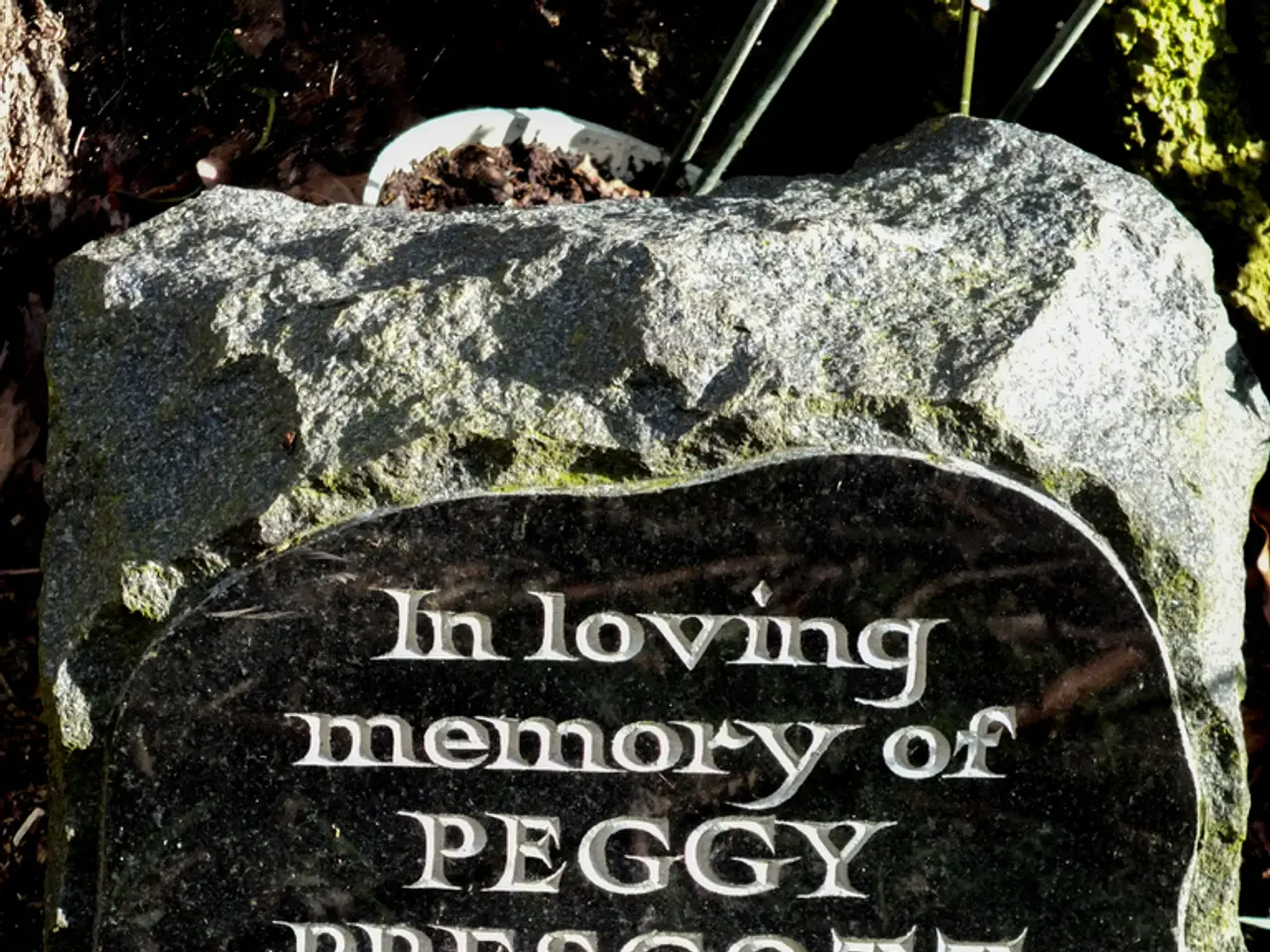Unveiling Soil Composition: A Guide to Finding the Ideal Blend for Your Plant Pals
In the world of gardening, the right soil mix can make all the difference in nurturing healthy, thriving plants. A well-balanced soil mix, incorporating quality potting soil, compost, perlite, vermiculite, and worm castings, provides the essential nutrients, aeration, and moisture retention needed for a variety of plants.
Quality potting soil or topsoil forms the base of the mix, offering minerals and structure. Compost, around 25-40%, supplies vital nutrients and supports beneficial microbes. Perlite, about 20-30%, improves soil aeration and drainage, preventing compaction. Vermiculite, also around 20-30%, retains moisture and nutrients for plant roots. Worm castings, 5-10%, boost microbial life and add rich, readily available nutrients.
One home recipe includes mixing roughly 30% perlite, 7% compost, 60% sphagnum peat moss or coco coir, and a small amount of topsoil, adapting it to your container. Another approach is Mel Bartholomew’s “Mel’s Mix” ideal for raised beds, which consists of one-third compost, one-third coarse vermiculite, and one-third peat moss or coco coir, a mix that keeps soil light and moist and can be supplemented with worm castings.
Maintaining soil health over time is crucial for continued plant growth. Regularly amend your soil with fresh compost or worm castings to replenish nutrients and feed the soil microbiome. Use organic mulches to retain moisture and moderate soil temperature, and avoid soil compaction by gently cultivating or aerating the soil. Maintain proper drainage to prevent root rot by ensuring adequate perlite or other aggregates are part of the mix.
For moisture-loving plants, you can add more vermiculite to retain water and keep the soil consistently moist. Perlite, a lightweight volcanic rock, aids in drainage and prevents soil compaction, especially for plants that thrive in well-draining environments. Vermiculite improves soil's ability to retain moisture and release essential nutrients slowly over time, benefiting plants that require consistent moisture or a slow nutrient release.
Every plant is unique, and their soil needs may vary. Understanding your plants' requirements and selecting the right soil mix will set you on the path to gardening success. By following these ratios and maintenance tips, you can sustain a healthy, well-draining, nutrient-rich soil mix suitable for a wide range of plants. Happy gardening!
- Incorporating the right soil mix, such as a combination of quality potting soil, compost, perlite, vermiculite, and worm castings, is essential for promoting healthy growth and thriving plants in your garden.
- To make a home-and-garden friendly soil mix, consider a recipe of 30% perlite, 7% compost, 60% sphagnum peat moss or coco coir, and a small amount of topsoil for use in containers.
- For a raised bed, Mel Bartholomew’s “Mel’s Mix” might be more suitable, consisting of one-third compost, one-third coarse vermiculite, and one-third peat moss or coco coir, which can be further supplemented with worm castings.
- To maintain your garden's soil health over time, regularly amend it with fresh compost or worm castings to replenish nutrients, feed the soil microbiome, and promote continued plant growth.
- The succulent plants in your garden will thrive with a mix that includes more vermiculite, which retains water and provides consistent moisture, while perlite improves drainage and prevents compaction for plants that require well-draining environments.



